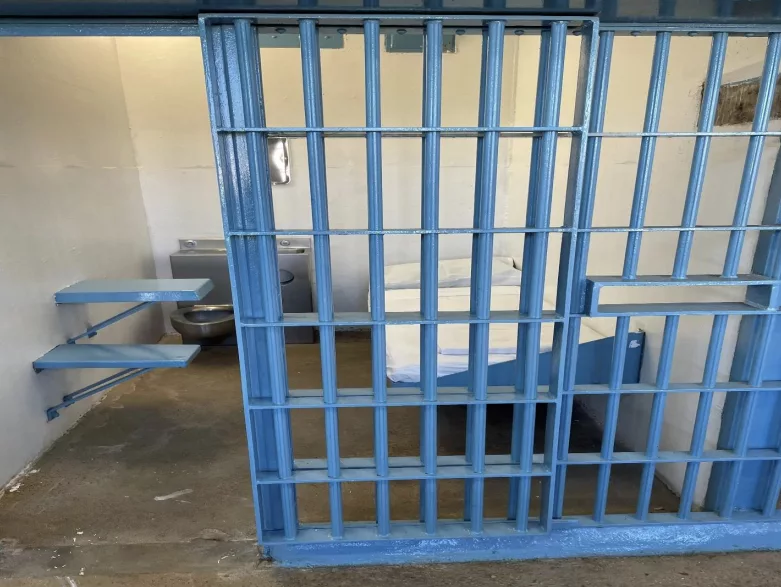Louisiana Fights to Keep Kids at Angola After Judge’s Removal Order
The state argues there would be a “near certainty” of “serious bodily injury” to children, staff, and the public if kids are transferred out of the prison.

A federal judge on Tuesday denied a motion by Louisiana state officials to stay her ruling last week calling for all children to be removed from a facility at Angola prison no later than September 15.
The state filed the motion on Monday asking U.S. District Judge Shelly Dick to put her previous decision on hold while their appeal to the Fifth Circuit Court of Appeals is pending.
“If the Preliminary Injunction takes effect, there will be a substantial risk—indeed, a near certainty—of serious bodily injury to the youth, OJJ [Office of Juvenile Justice] staff, and (in the event of escapes) the public,” wrote the defendants, including Louisiana Governor John Bel Edwards.
The state’s appeal is still ongoing.
In its motion, the state said alleged attacks by children on staff at other facilities, destroyed property, and escape attempts demonstrated the need for the Angola unit to remain open.
“These incidents foreshadow and confirm the substantial risk of serious injury presented by the Preliminary Injunction,” the state wrote.
The American Civil Liberties Union, which was part of the legal team challenging the Angola placements, pushed back against the state’s filing in a statement provided to The Appeal.
“The judge has issued damning findings about the state’s treatment of children in Angola,” said Tammie Gregg, deputy director of the ACLU’s National Prison Project. “It would be a better use of the state’s resources to invest in its children, instead of fighting the court order.”
In court last week, Dick called the facility a “prison camp” and accused state officials of breaking “virtually every promise” they had made when announcing the plan to move children to the prison, according to NOLA.com. The news outlet reported that Dick condemned OJJ’s treatment of youth subjected to solitary confinement, denied family visits as punishment, and denied therapeutic and educational services. She recounted visiting the prison and seeing children handcuffed while they played, wrote in journals, and ate meals, according to NOLA.com.
Last year, after several young people escaped an OJJ facility, state officials announced they would begin moving kids from secure juvenile facilities to the former death row unit at the Louisiana State Penitentiary, a maximum security prison informally known as Angola. The ACLU and other legal groups had tried to stop the transfers, but Dick ruled they could proceed after OJJ assured the court the facility would remain open temporarily and provide all children with educational and rehabilitative services.
As of July 7, the unit held 15 children—all but one were Black. Between 70 and 80 kids have been imprisoned at the facility since transfers began, according to OJJ.
Over the last year, kids have shared harrowing accounts of isolation and abuse while locked up in the state’s former death row unit.
One child told his attorney that he and other kids had been confined to their cells, which lacked air conditioning, for days at a time and had only been permitted out to shower in leg shackles and handcuffs. The state has asserted that the housing units are, in fact, air-conditioned but that the AC needed repairs and that there had been recent power outages.
On August 2, a guard maced a child who was locked in his cell after the child had thrown an unknown substance from a cup, according to the officer’s deposition.
According to the plaintiffs’ court filing, surveillance video of the incident shows an officer reaching his arm through the cell bars and “dispensing a substance.” Officers can be seen gagging, coughing, and running off the tier, the plaintiffs state. The children, however, were left in their cells for more than five minutes.
The guard then returned to the unit in a gas mask and “violently” took the child off the tier, according to the plaintiffs’ description of the surveillance video. Then other officers entered in what appeared to be gas masks. One officer distributed what appeared to be paper masks to the kids. One child slammed his body against the bars of his cell for at least 14 minutes, according to the plaintiffs.
